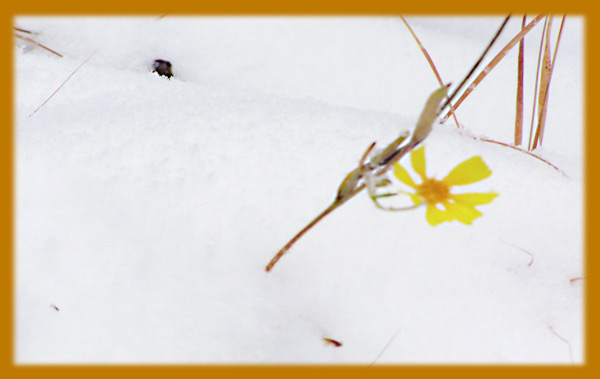What is Sin?

IN THE CHRSTIAN TRADITION this is the time of Jesus’ passion, death and resurrection. We Christians are told that Jesus died for our sins. But what does that mean? And what does it mean to me personally? When I think of this great spiritual leader and wisdom teacher (who has deep personal significance to me) suffering and dying for my sins, I am filled with heartbreaking guilt. Last Easter this burden compelled me to dig deeper into the meaning of sin and I wrestled extensively with this issue. I found there were other ways of seeing sin besides our common understanding of wrongdoing. It’s a little long for this space but I’ve linked below to a .pdf which elaborates further on my struggles and explorations.
THE WORD SIN conjures up finger-pointing judgments and accusations from authorities cloaked in self-righteous white and gold robes towering above me. In my explorations on the topic I discovered there are some common themes in the alternative ways of describing and defining sin put forth by respected priests, theologians, and teachers like Thomas Merton, Fr. Thomas Keating, Fr. Richard Rohr, Matthew Fox, Cynthia Bourgeault and Paul Tillich. One is that sin is “a refusal to grow,” “a refusal to be who we truly are,” or “to say no to participation in the spiritual journey of growth. . . .” Another theme has to do with our feeling of separation, alienation, and estrangement from God—Ultimate Reality, Love, Ground of Being…or however you name a Greater Life Energy—each other and ourselves. Another definition is from the Greek word for sin, hamartia, which translates as “missing the mark,” failure to hit the bull’s eye. And there is what Pope John Paul II called “structural sin,” and “institutional evil,” which we know all too well, which goes beyond particular “naughty behaviors.”
AS M. SCOTT PECK SAYS, “There is no way we’re going to hit the bull’s eye all the time,” so I can truthfully say, “I sin,” and “I am a sinner.” It is then another aspect of my human identity, just as I’m a sister, or a woman, or a Progressive, or a spiritually independent Christian. Without the overlay of self-recrimination and condemnation, while still acknowledging my failure to act and think in a loving way, I can let go of the heavy guilt and burden.
I BELIEVE JESUS DIED FOR OUR SINS in the sense that he died to show us we are not separate from God. We are human and divine. I believe and feel that he died to call us back to our original Source, our goodness, and our divine nature. As Fr. Richard Rohr says, “Jesus did not come to change the mind of God about humanity (it did not need changing) Jesus came to change the mind of humanity about God.” He adds, “God does not love us because we are good; God loves us because God is good. Nothing humans can do will ever decrease or increase God's eternal eagerness to love.”
WHATEVER SPIRITUAL TRADITION WE FOLLOW (or none at all), we sinners can keep opening our hearts, and strengthening our Love muscles. We can celebrate our shared and blessed humanity, and participate in the transformative, creative cycle of birth, death, and rebirth. And, we can rejoice that IT’S SPRING!
Out beyond ideas of wrongdoing and rightdoing,
There is a field. I’ll meet you there.
When the soul lies down in that grass,
The world is too full to talk about.
Ideas, language, even the phrase each other
Doesn’t make any sense. —Rumi
FURTHER READINGS
My explorations about sin
Commentary on sin by Cynthia Bourgeault
Spring 2015 issue on sin from the magazine, Parabola, Where Spiritual Traditions Meet
Back to Blog